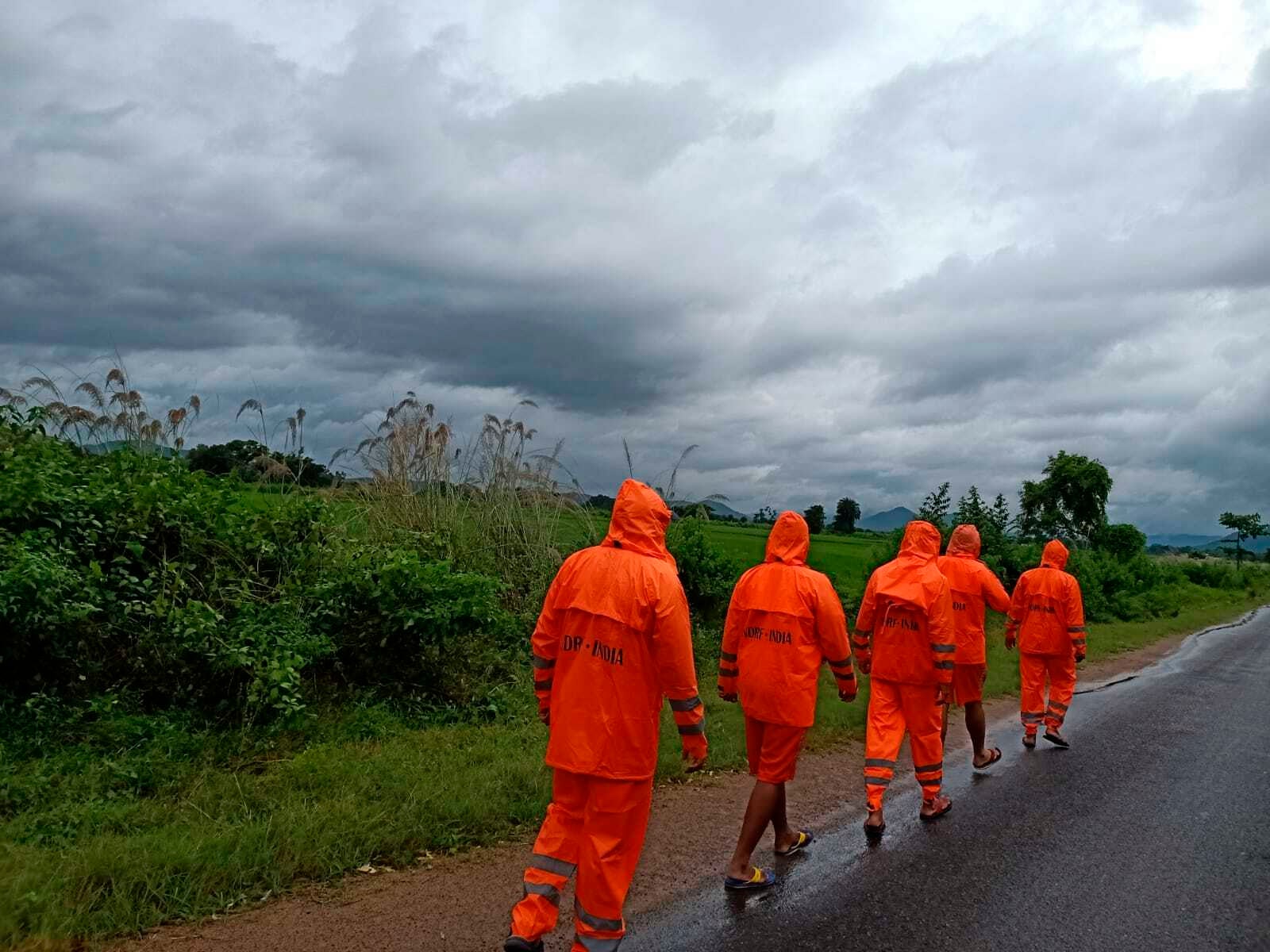Cyclone floods parts of India's east coast, knocks out power
A cyclone flooded parts of India’s eastern coast with heavy rains and uprooted thousands of trees and power poles, knocking out electricity, before weakening to a deep depression Monday

Your support helps us to tell the story
From reproductive rights to climate change to Big Tech, The Independent is on the ground when the story is developing. Whether it's investigating the financials of Elon Musk's pro-Trump PAC or producing our latest documentary, 'The A Word', which shines a light on the American women fighting for reproductive rights, we know how important it is to parse out the facts from the messaging.
At such a critical moment in US history, we need reporters on the ground. Your donation allows us to keep sending journalists to speak to both sides of the story.
The Independent is trusted by Americans across the entire political spectrum. And unlike many other quality news outlets, we choose not to lock Americans out of our reporting and analysis with paywalls. We believe quality journalism should be available to everyone, paid for by those who can afford it.
Your support makes all the difference.A cyclone flooded parts of India's eastern coast with heavy rains and uprooted thousands of trees and power poles, knocking out electricity, before weakening to a deep depression Monday.
Heavy rains lashed the town of Kalingapatnam in Andhra Pradesh state on Sunday, swamping roads and marooning hundreds of villages, local official Shrikesh Lathkar said.
One fisherman was missing and another was injured when their boat was hit by the high tide, but no deaths have been reported from the storm.
Authorities in two coastal states had been on high alert as the cyclone with sustained winds blowing up to 85 kilometers per hour (53 mph) hit the eastern seaboard late Sunday evening. National Disaster Response Force teams were deployed to the eastern state of Odisha and the southern state of Andhra Pradesh, where thousands of people were evacuated.
The meteorological department said the storm was likely to weaken further and continue moving westward.
Prime Minister Narendra Modi said he had spoken to chief ministers in both states, assuring them of support. “I pray for everyone’s safety and well-being,” he tweeted.
In May, a massive storm lashed India’s western coast, killing at least 140 people. Just over a week later, another cyclone slammed the country’s eastern coast and neighboring Bangladesh leaving at least six dead as authorities scrambled to evacuate over a million people.
India’s eastern coast is no stranger to devastating cyclones, but changing climate patterns have caused them to become more intense.